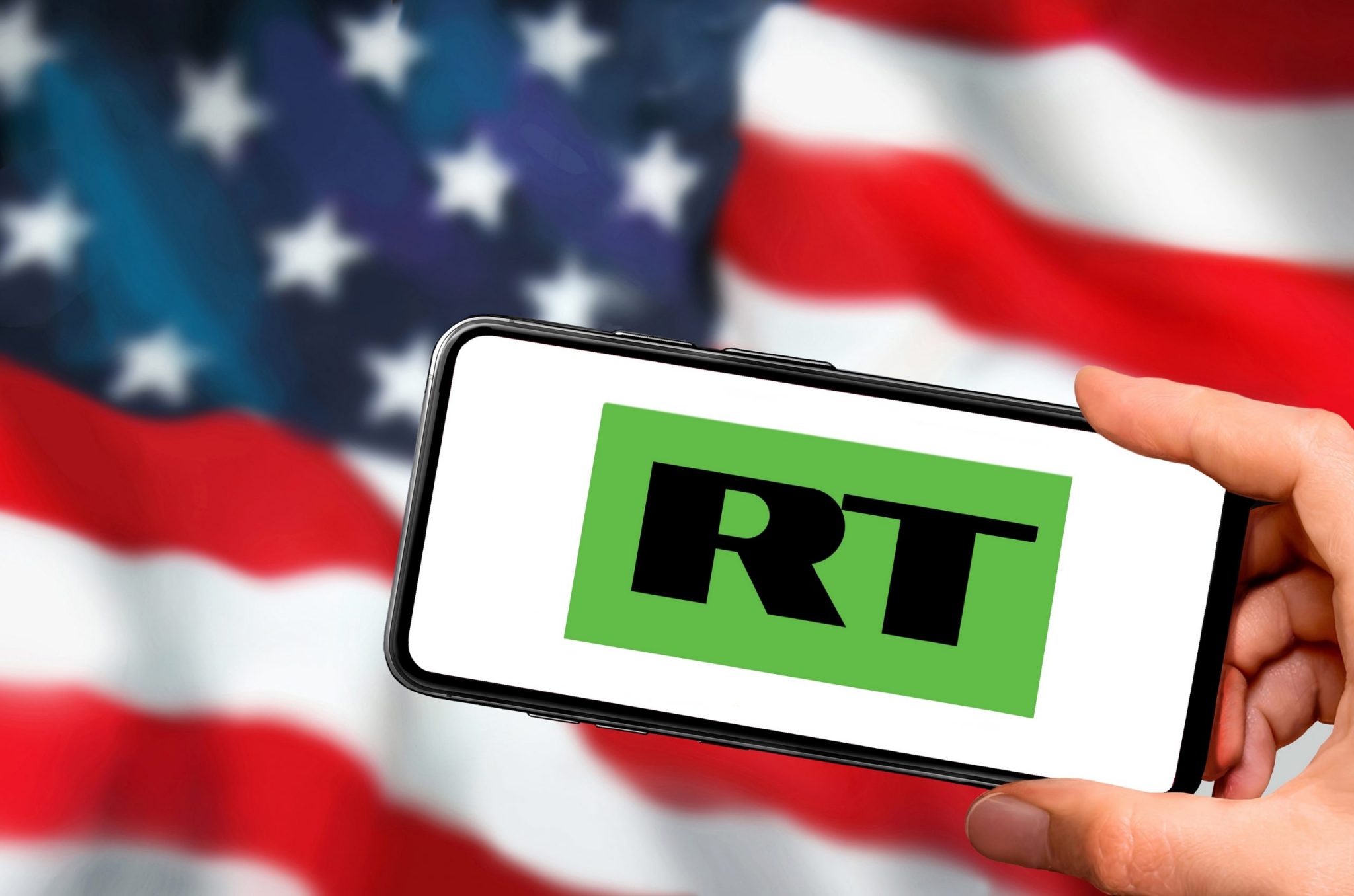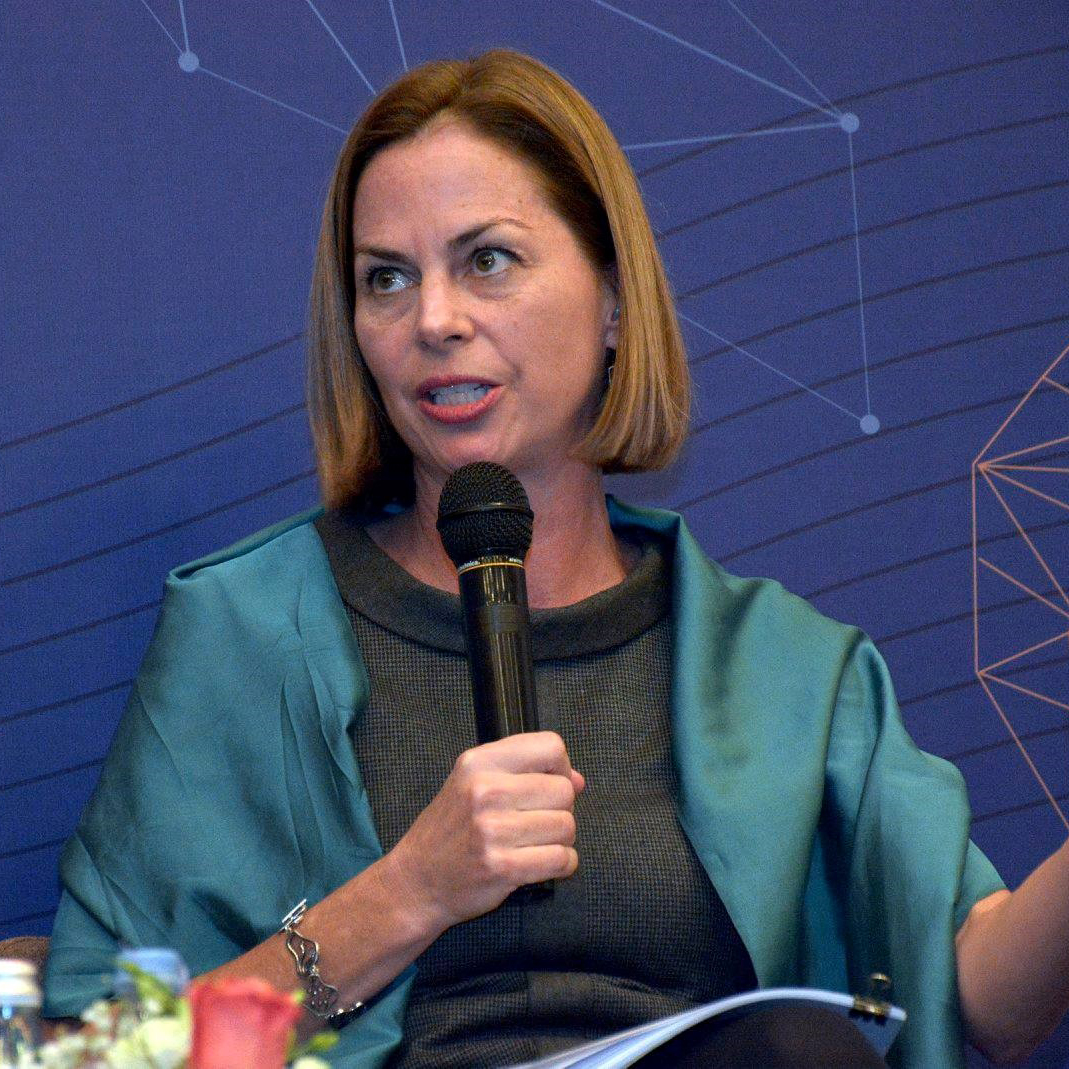When Tesla chief executive Elon Musk tweeted his support for Russia’s dismemberment of Ukraine, he used some highly revealing language. Crimea should be Russian, he tweeted, because of “Krushchev’s mistake”—a reference to Soviet leader Nikita Krushchev’s redrawing of internal Soviet borders. That particular wording has never been part of the US debate about Ukraine, but it is the standard language used by the Kremlin for its claims on Ukrainian land. It’s not the only talking point Musk has embraced that will be familiar to anyone following Kremlin propaganda.
Musk’s tweets are a prominent example of a worrisome trend: Kremlin talking points are creeping back into the US debate. Few issues have united Democrats and Republicans again after years of intense polarization as much as supporting Ukraine in its fight against Russia’s brutal and unprovoked invasion. In the US Congress, there has been strong bipartisan backing for weapons deliveries and other aid to Kyiv, as well as for fortifying NATO’s eastern frontier. Until recently, voices supporting the Kremlin were few and far between, most prominently, Fox News host Tucker Carlson and former President Donald Trump. Carlson openly declared he was on Russia’s side, and Trump praised Russian President Vladimir Putin for his cleverness for invading Ukraine. As noisy as they were, these voices were overpowered by a consensus about the war and how the United States should respond.


